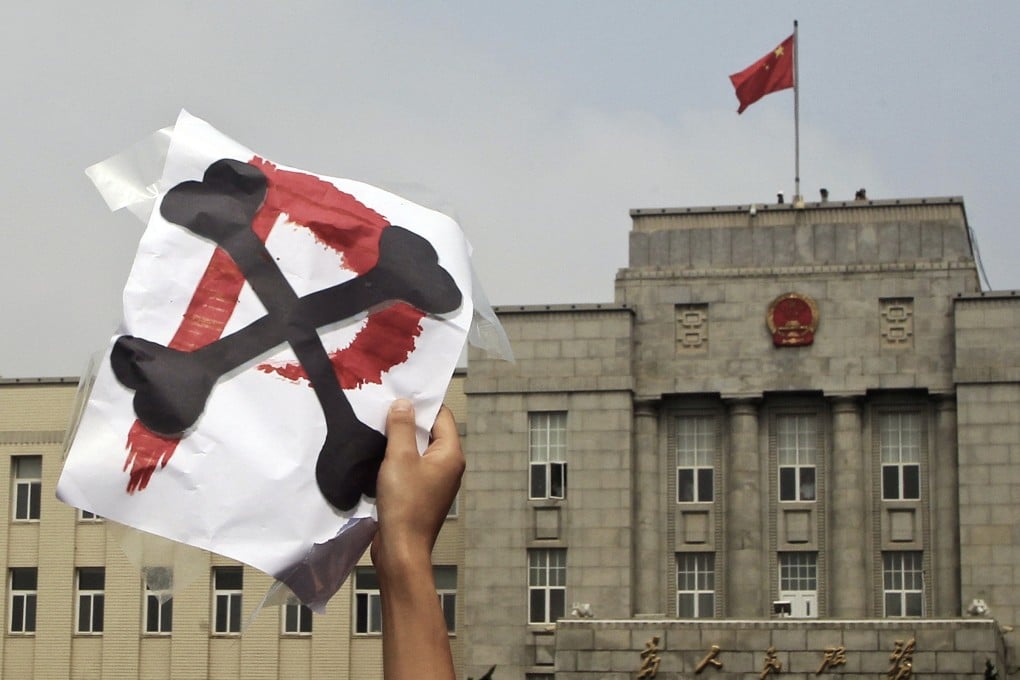New | Fears over expanded paraxylene projects as Beijing decentralises approval process
The government will give local authorities the power to approve the expansion of plants producing the hazardous chemical paraxylene

Expanding plants making the dangerous chemical paraxylene (PX) will no longer need ministerial approval - a move to cut red tape that could upset environmentalists and other opponents of the controversial facilities.

PX is widely used in the making of plastic bottles and polyester clothing, but even short-term exposure to it can cause irritation to the eyes, nose and throat, according to the US Centres for Disease Control and Prevention. Chronic exposure can affect the central nervous system and even cause death.
There is concern that the policy change will make it easier to expand plants because of a local government preference for backing large-scale projects for growth, according to Ma Jun , director of the Beijing-based Institute of Public and Environmental Affairs.
The announcement follows a pledge by the Communist Party's Central Committee after its third plenum last month to reduce central control over the economy. Aside from PX plant expansions, the ministry has decided it need no longer approve civilian airports, natural gas pipelines and, in some areas, the opening of small coal mines.
"Most are for infrastructure or for projects with limited environmental impact," the ministry's statement quoted an unnamed spokesman as saying.
The building of new PX plants will still need state-level review.